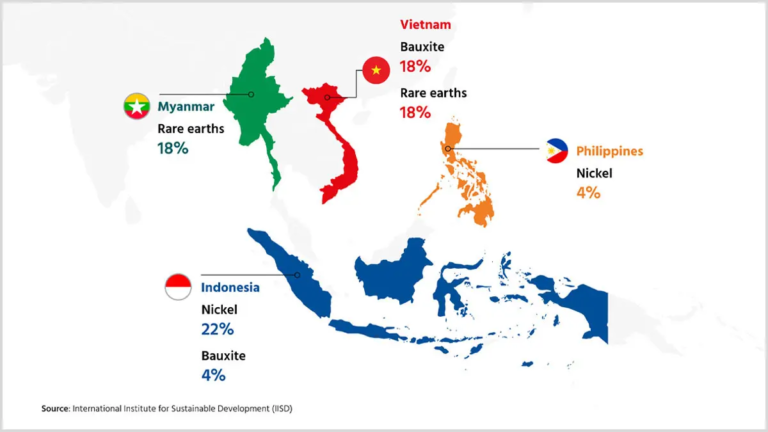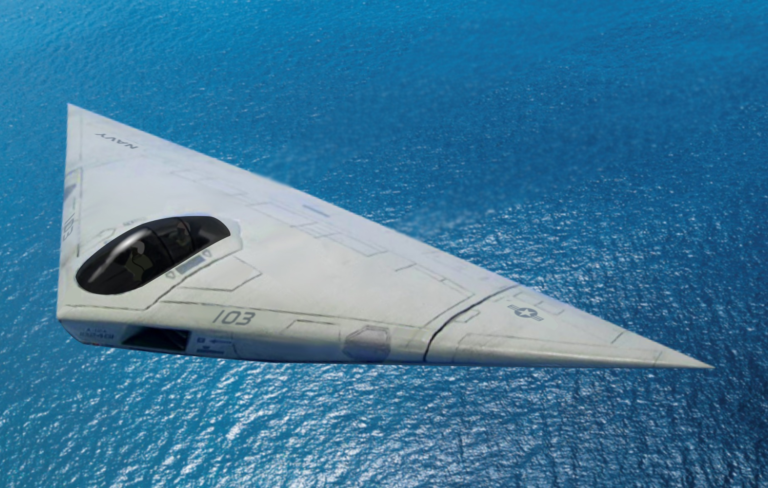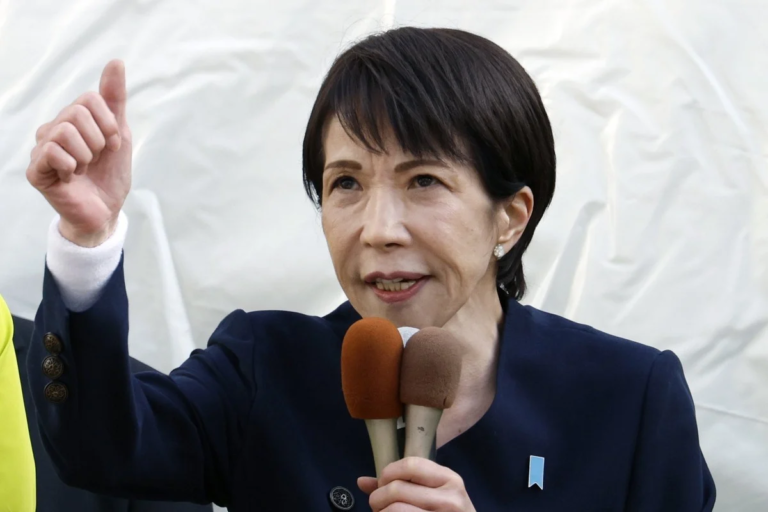
New Zealand and the Philippines are strengthening their defense ties with a Status of Visiting Forces Agreement allowing for enhanced military cooperation.
The pact, signed in late April 2025 by Philippine Defense Secretary Gilberto Teodoro and New Zealand Defence Minister Judith Collins, will ease deployment of each nation’s troops to the other’s territory and boost interoperability by accelerating joint training, exercises, and humanitarian assistance and disaster response collaboration.
“This agreement is not directed against any one state, but rather stands as a clear affirmation that the Philippines and New Zealand are committed to international law, freedom of navigation, and the peaceful resolution of disputes,” Philippine National Security Advisor Eduardo Año said in a statement.
Collins said the agreement “reflects the strength of New Zealand’s relationship with the Philippines, of which defense is a key element. Our militaries already work well together, and this agreement will create the conditions for even more seamless cooperation in the defense space.”
In September 2024, New Zealand participated for the first time in maritime exercises with Australia, Japan, the Philippines and the United States in the South China Sea, where China Coast Guard vessels have rammed, fired water cannons, and pointed military-grade lasers at Philippine vessels operating lawfully in Manila’s exclusive economic zone (EEZ).
China claims most of the South China Sea, an important international trade route, despite a 2016 ruling by an international tribunal invalidating Beijing’s expansive sovereignty assertions. The Philippines filed the arbitration case in 2013 because of China’s continued intrusions into its EEZ. Brunei, Malaysia and Vietnam also have overlapping maritime claims in the South China Sea.
“Peace is best backed with resilience and with deterrence,” Teodoro said after the signing ceremony. “China, for example, is particularly aggressive in the way it makes its claims. We need to deter this kind of unwanted behavior from happening.”
Tensions between Beijing and the Philippines flared again in late April 2025 after China raised its national flag on Sandy Cay and propagated false claims about the sovereignty of three uninhabited sandbars in the South China Sea. Manila said the incident was a clear example of the Chinese Communist Party manipulating information to make it appear Beijing controlled an integral part of the Philippines’ territory.
Teodoro said the Philippines will continue to build security alliances to deter China’s aggression, The Associated Press (AP) reported. He said China’s hostile actions should be regarded as a global threat because they could eventually restrict freedom of navigation in the South China Sea.
The Philippines has visiting forces agreements with Australia and the U.S., while a similar pact with Japan is awaiting approval by Japanese legislators. Canada and the Philippines are expected to sign a visiting forces agreement “very soon,” Teodoro said. France and the Philippines began negotiating an agreement in May 2024, according to the AP.
The New Zealand-Philippine agreement comes weeks after New Zealand released its 2025 Defence Capability Plan, which calls for a $7 billion investment in military modernization over the next four years.




